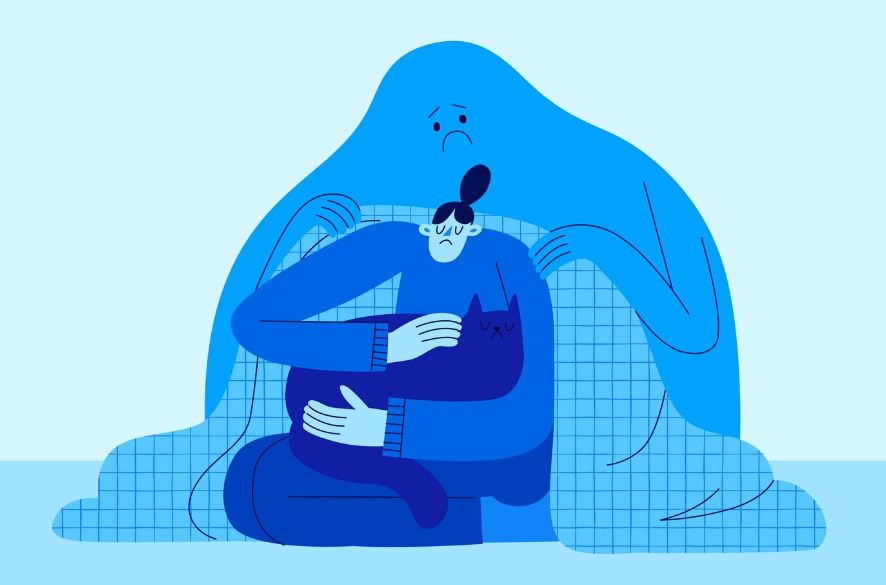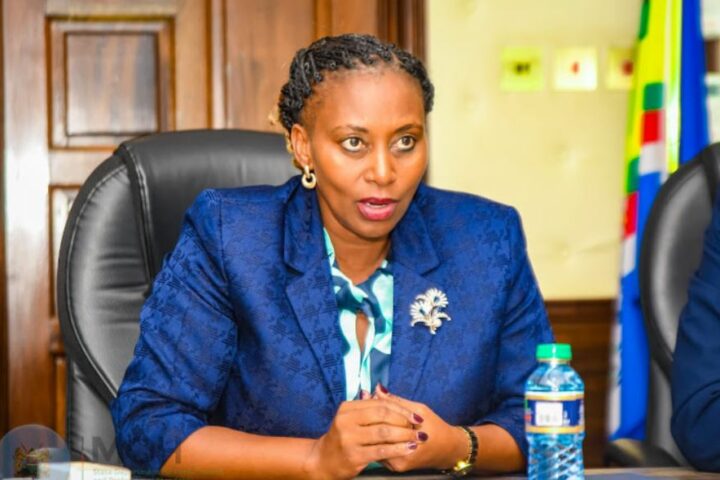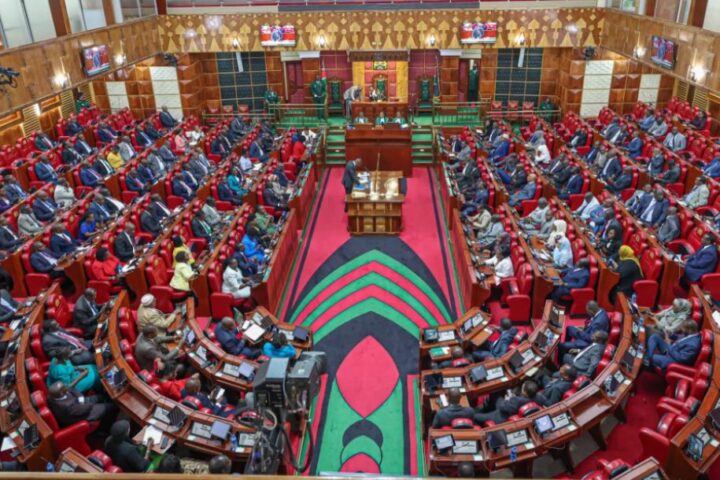Michael Phelps has been a record-breaking swimmer and is now the most decorated Olympian of all time in the record books.
However, on a personal level, he has been struggling with the great task of combating depression and anxiety.
Over the years, Phelps has become an influential voice in support of mental health, especially when it comes to athletes who are often lonely in their fight.
What exactly do athletes like Phelps do to deal with the psychological crises they encounter, and how can they do so to help others?
The Invisible Burden of High-Performance Sport
To this day, Phelps did not speak about his struggle with mental illness for many years. Although he was at the top of the mountain, he described feelings of being confused after big competitions, especially the Olympics.
This turned out to be a growing concern in his career, particularly after the Olympics, when he struggled with depression.
As Phelps explained in interviews, reaching the peak of his sport often left him with the daunting question: as he won gold medal after gold medal, he still encountered the question, “What comes next?”
This was the period most of the fans had to shift to online football platforms.
Some even found a way to escape reality by browsing, for instance, MelBet app download during some thrilling sporting period.
On the same site, you can make predictions for other upcoming matches at the best odds and get a welcome bonus! It is encouraging to hear Phelps’ story, just like many people who also face those challenges, but he is a reminder that one needs to seek help.
The Road to Recovery: Psychotherapy and Personal Reflection
This was after Phelps had gone through a number of personal problems, such as the DUI in the year 2014.
That is when he admitted himself to an in-patient treatment center for the treatment of his disorder.
What he once dreaded was therapy, and it was the only thing that saved him. From this, Phelps also got to understand the significance of health in both the physical and mental aspects.
Therapy for athletes like Phelps often involves several essential steps:
- Acknowledging the problem: Understanding that victory does not always equate to joy.
- Seeking professional help: There is a need to seek help from trained professionals in cases that may involve deep-rooted problems.
- Building a support network: Being with others who know how it feels to be in such a situation.
- Ongoing care: Mental health, like physical health, can never be in self-automated mode.
Psychotherapy, in conjunction with introspection, helped Phelps get to know himself as a person outside of the water. This was a journey of learning how to manage work and life in equal measure for the subject and his health.
Phelps’ Daily Coping Mechanisms
Taking care of your mental health is not something that can be solved quickly.
For Phelps, it includes activities that are used to ensure that he will always be in a position to achieve balance in his life. He has talked several times about the need to incorporate routine, physical activity, and therapy.
Nevertheless, as much as one may organize, problems are bound to arise. Some of the coping mechanisms that have worked for Phelps include:
- Regular exercise: It is very important to maintain physical activity in order to have good physical and psychological health.
- Journaling: As the subject pointed out, jotting down the thoughts assists him to sort out his mind and emotions.
- Mindfulness and meditation: Ways he can clear his mind and reduce his stress levels.
Such practices, along with a commitment to therapy, have allowed him to build a less toxic approach to his mental health.
The Effects of Pressure and Stigma on Athletes
Celebrities such as Phelps are considered superhuman and are expected to be perfect, yet many athletes struggle with pressure and stigma when it comes to mental health. And yes, being a celebrity only adds to these issues.
Phelps’ decision to come up with such statements has opened important discussions on how athletes and society in general should treat mental health.
In addition, when there is public pressure alongside the athlete’s desire to be perfect, one can easily be pressured into ignoring their mental health problems.
That is why many athletes fear talking about depression or anxiety, thinking that it will harm their image.
However, Phelps proved that it is possible to be strong while being vulnerable. The experience he has shared has paved the way for other people to come out and fight for their right to do what exists in the world of elite sports.
The Numbers Speak: Mental Health Issues and Athletes
The following statistics will also be used to give a brief on athletes and mental health and the magnitude of the problem:
| Mental Health Challenge | Percentage of Athletes Affected |
| Depression and Anxiety | 34% |
| Eating Disorders | 17% |
| Substance Abuse | 20% |
| Suicidal Thoughts | 13% |
They highlight the necessity of having support systems for athletes, as most of them struggle with their mental health issues in private.
The Need for Support
Phelps also stresses the importance of support from other people, which an athlete should have in their life. This goes hand in hand with the support system, which includes family, friends, and mental health professionals.
It is worth mentioning that Phelps underlines that relationships helped him come through the worst, including when he thought about suicide.
In all of his speeches, Phelps encourages people to build relationships.
Whether it’s friendship or even socializing through common interests in betting on MelBet registration online – networking and finding support is everywhere and always.
The concept is based on the notion that patients should not stay alone, especially when they are facing challenges.
Future Prospects: A New Age in Athlete Health
Michael Phelps’ recent disclosures about his mental health issues have now created a trend in sports. The current era is witnessing more sportspeople embracing the fact that mental health is just as important to a performer as physical strength.
This is why athletes such as Naomi Osaka and Simone Biles have decided to prioritize their mental health and are inspiring millions.
As sports develop in the future, more focus and attention will be paid to the mental health of athletes, including professional and amateur athletes. Thanks to people like Phelps, the focus of the dialogue is slowly moving in the right direction—athletes’ health and well-being in and out of the water.
While the dialogue is still ongoing, Phelps’ story will always be a source of encouragement to people with their own fight ahead of them.










